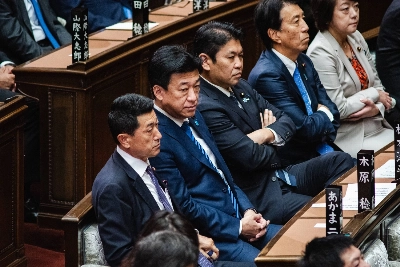Meta
Ronald Meinardus
Dec 24, 2001
Dec 12, 2001
Dec 3, 2001
Nov 24, 2001
Nov 11, 2001
Nov 4, 2001
Aug 25, 2001
Jun 29, 2001
Jun 12, 2001
May 19, 2001
May 12, 2001
May 2, 2001
Apr 14, 2001
Mar 29, 2001
Mar 11, 2001
Mar 3, 2001
Jan 28, 2001















